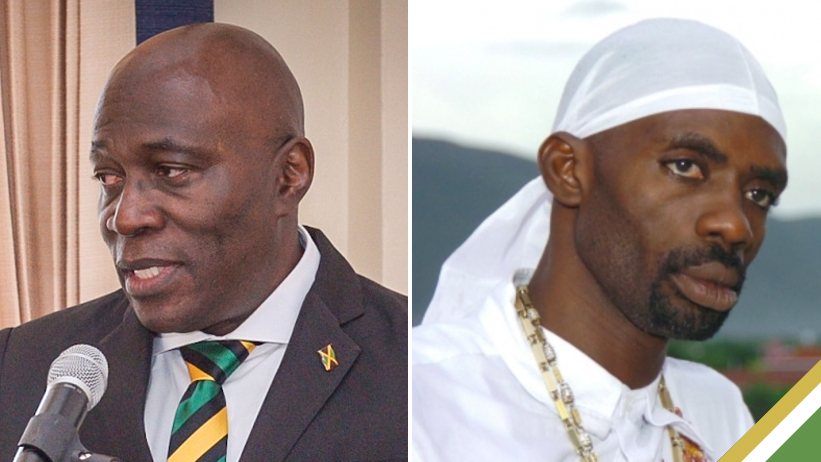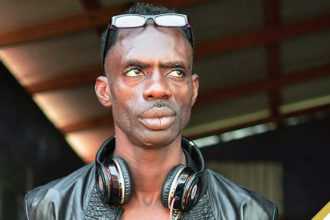In an effort to increase openness and transparency, Chief Justice Hon. Bryan Sykes has announced that appropriate court cases will now be live-streamed on the Jamaican Judiciary’s YouTube channel. This historic move aims to demystify the legal process and grant citizens better access to justice proceedings. The announcement comes at a critical time, as incarcerated dancehall icon Ninjaman prepares to return to the Home Circuit Court on June 2 for the appeal of his 2017 murder conviction. Given the high-profile nature of his case—and the wave of overturned convictions for fellow dancehall figures Vybz Kartel, Shawn Storm, and Dante Brooks, son of Mavado—many are asking: will Ninjaman’s court battle be live-streamed for the nation and the world to see?
Chief Justice Sykes revealed that the Court of Appeal’s first full broadcast took place in March, during the pivotal case of Cecil Moore v. R., which tackled constitutional issues surrounding sentencing and mandatory minimums. “Going forward, we will be live-streaming appropriate cases,” Sykes affirmed, explaining that the initiative seeks to enhance public education and reinforce “the right of access to the courts.” With thousands of inmates currently incarcerated in Jamaica—many awaiting delayed trials, according to the Department of Correctional Services—the move toward judicial transparency is both timely and necessary. Historically, the Jamaican court system has faced criticism for long trial delays and perceived opacity, factors which Ninjaman’s late attorney, Valerie Neita-Robertson, previously argued deprived her client of a fair trial.
Ninjaman, born Desmond Ballentine, has long contended that his celebrity status prejudiced the original jury, a sentiment echoed in many public discussions about how entertainers are treated within Jamaica’s legal system. His upcoming appeal not only represents a personal fight for freedom but also a critical moment for the credibility of Jamaica’s courts. In the wake of Kartel’s and Brooks’ successful appeals, the June 2 proceedings carry even greater weight. Whether the nation will be able to witness this pivotal moment in real time via livestream remains to be seen, but what is certain is that the eyes of Jamaica—and the diaspora—are firmly fixed on the outcome.
The Jamaican Judiciary’s pivot to technology and transparency is part of a broader modernization effort, including new security protocols at the Supreme Court as of April 7. Although the changes have faced some public criticism, Chief Justice Sykes emphasized that livestreaming could help balance security concerns with greater public engagement. As Ninjaman’s fate once again hangs in the balance, the question remains: will justice not only be done but be seen to be done?












